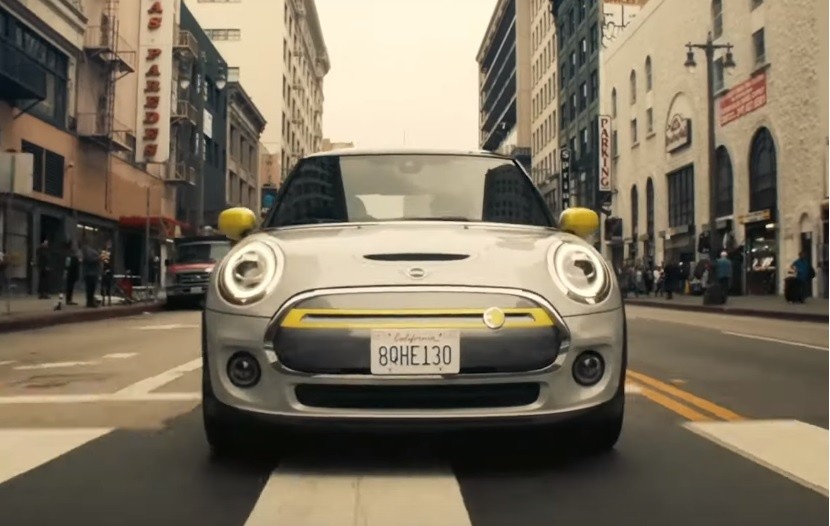
The first-ever widely available electric Mini will be entering the market in March 2020. The car, called Mini Cooper SE, will cost $29,900 when it hits the market.
The Mini Cooper SE comes with a range of quality-of-life features, though. It's built with Apple CarPlay, has heated front seats, features keyless entry, and is equipped with rain-sensing wipers and headlights. It even comes with BMW's Active Driving Assistant with forwarding collision warning and acoustic pedestrian warning systems.
It has a powerful engine too. On-par with non-electric Mini Coopers, the SE packs 181 horsepower, allowing the SE to reach a top speed of 93 mph (150 kph).
Trailing on the racetrack
However, the Mini Cooper SE might remain a novelty buy for consumers, as its technology falls behind its competitors. For one, the Mini electric vehicle (EV) will only run for 146 miles (235 kilometers), which is very short compared to other EVs, which could run 200 miles upward.
This is unfortunate, as the progenitor of the Mini Cooper SE, the Mini E, was ahead of its time when it was released in 2009. Although the Mini E was just a demonstration vehicle and a frontrunner for BMW's Project, which was a program for the development of lightweight, eco-friendly urban-friendly electric cars.
Next year, the Mini Cooper SE will be released more than a decade after the Mini E's demonstrations. Considering the time it took for BMW to follow up on the Mini E, the Mini Cooper SE's improvements over its predecessor are disappointing.
Meanwhile, BMW's competitors are putting in big money on EV development, looking to cash into a possible boom in the market once EV becomes more viable for consumers.
Misguided Caution
The Mini Cooper SE, along with BMW's other electric cars, suffered from BMW's reluctance to go all-in on electric vehicles. Just months ago, BMW board member Klaus Froelich was quoted saying that "the shift to electrification is overhyped," summarizing BMW's stance on EV.
BMW's slow transition towards electrification led former CEO Harald Krueger to resign. Leading the company for just one term, Krueger wasn't able to capitalize on BMW's early lead on electrification. Under Krueger, BMW's next major electronic vehicle was delayed.
The company struggled to make cars that are on a purely electric platform. They continued to cling on the bigger profits brought about by cars running on fuel. Using the lightweight carbon fiber for their EVs turned out to be too costly. As a result, BMW's early EV offerings were too expensive, even for EV standards.
For now, BMW will have to continue relying on their i3. With sales of less than 40,000 in 2018, the six-year-old model will have to sell 50,000 units and above annually to secure an acceptable profit margin. Meanwhile, their hybrid sports car i8 will be discontinued starting April 2020.
Krueger's successor Oliver Zipse took over a lot of problems from Krueger's term. To save BMW, he'll have to lead the company with a clearer, more convincing roadmap towards electrification.




